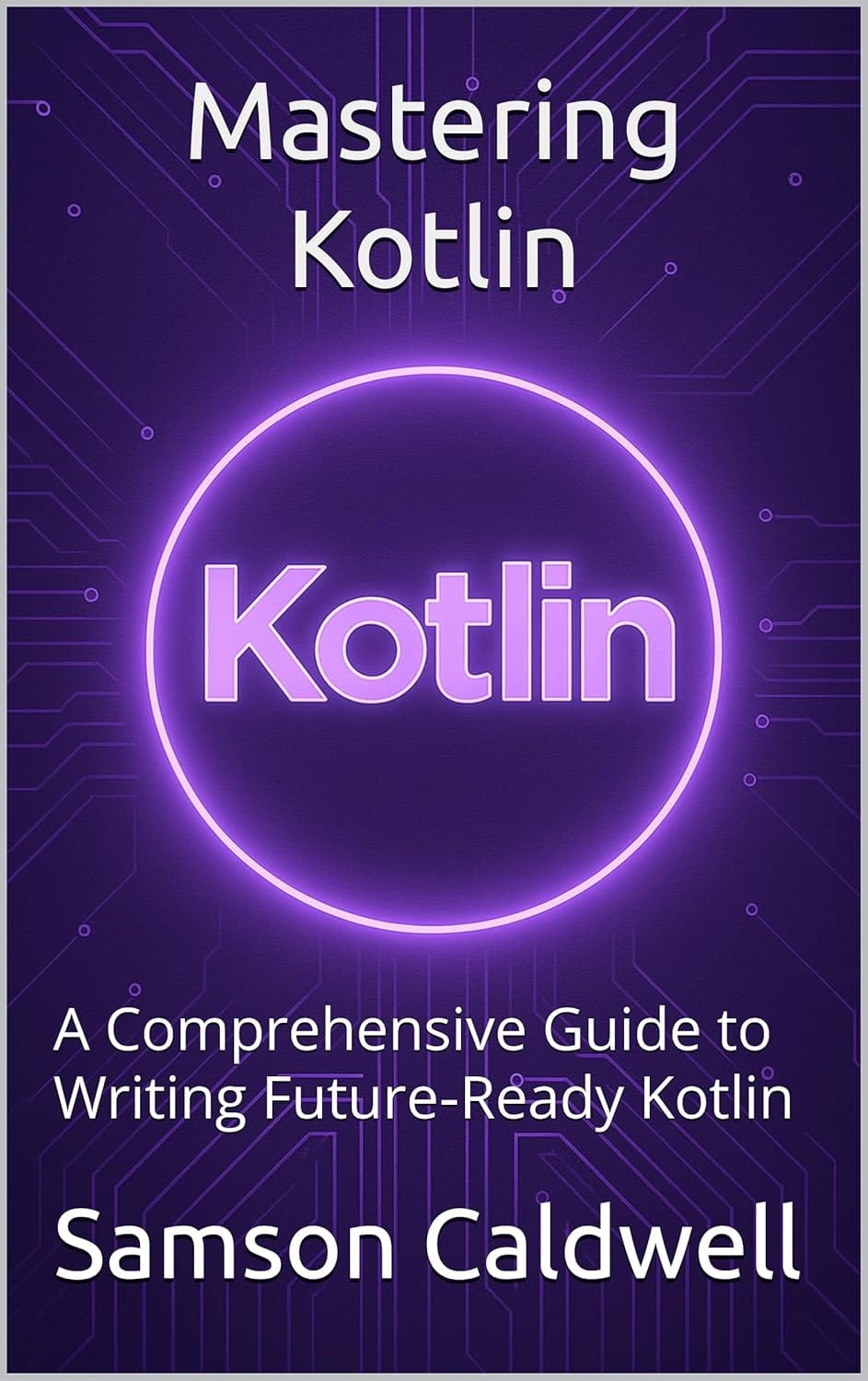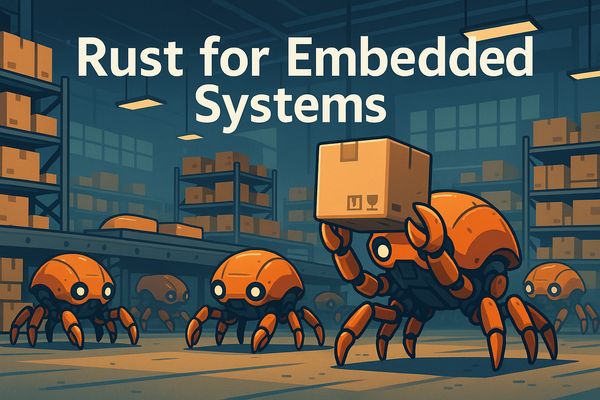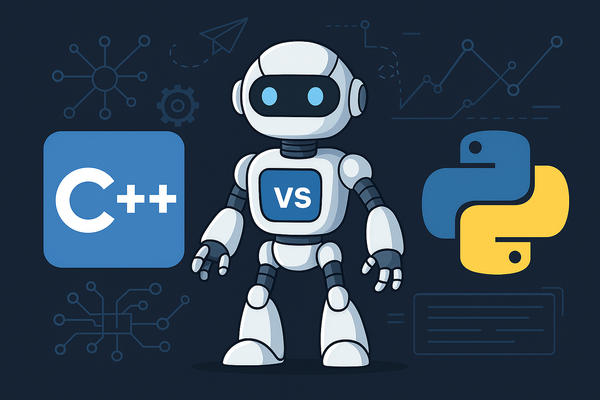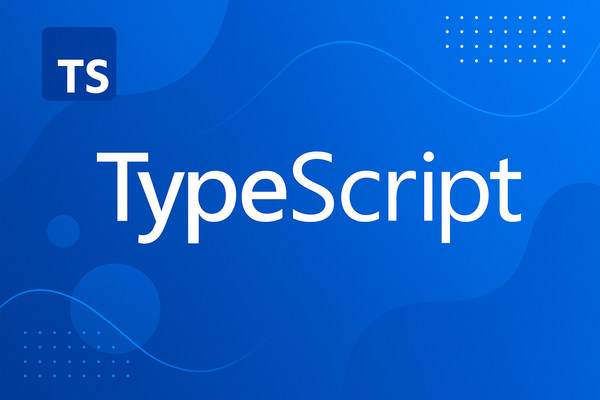Why Kotlin is the Language of Modern Android Development
Kotlin is the official language of Android development, loved for its concise syntax, null safety, and modern features. Learn why developers choose Kotlin, explore its strengths with examples, and see how it powers Android apps with Jetpack Compose, coroutines, and more.
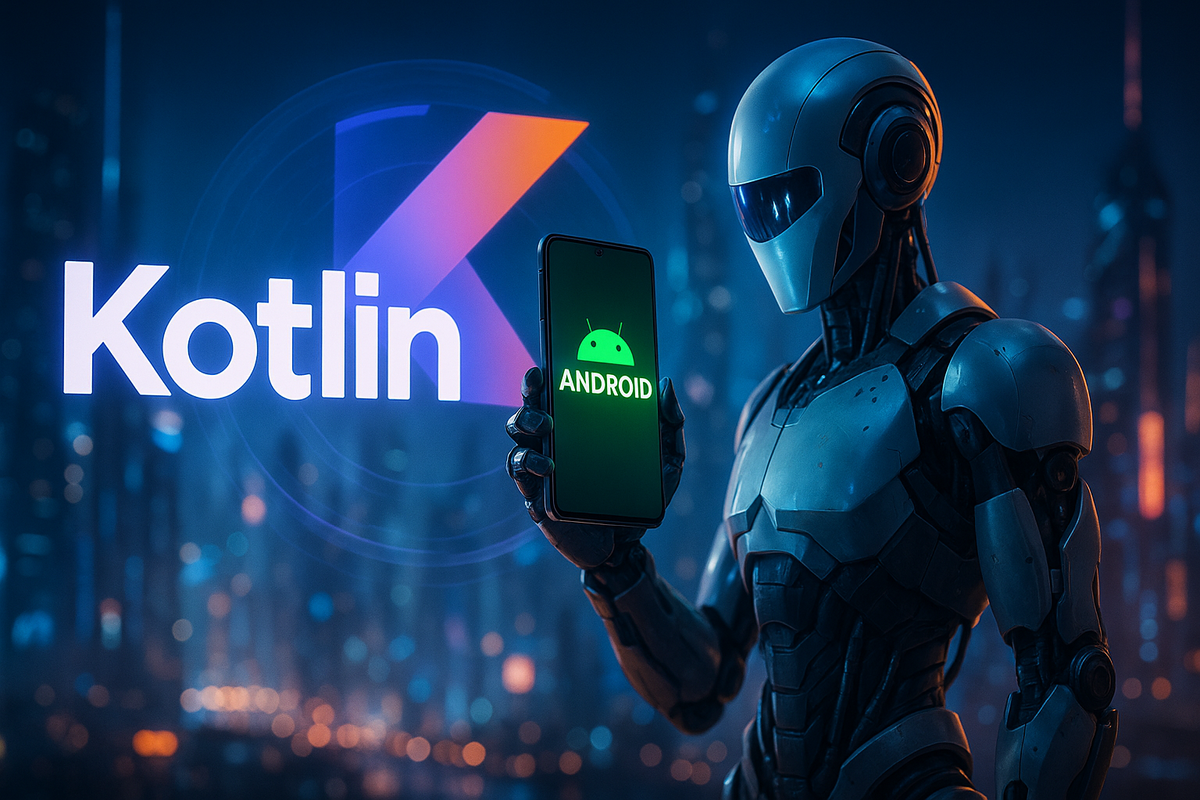
When Google announced in 2017 that Kotlin would be a first-class language for Android, it was a turning point. What started as a niche JVM language created by JetBrains has now become the backbone of modern Android apps. From startups to tech giants, developers are choosing Kotlin because it’s concise, expressive, and safer than Java.
But Kotlin isn’t just “Java with less code.” It’s a modern language designed with developer productivity in mind — blending the strengths of object-oriented and functional programming into a syntax that feels intuitive and powerful.
Getting Started with Kotlin
Kotlin runs anywhere the Java Virtual Machine (JVM) runs, and setup couldn’t be easier:
- Android Studio: Kotlin support is built in. Create a new Android project, and you’ll be writing Kotlin from day one.
- Command Line: You can install the
kotlinccompiler or add the Kotlin Gradle plugin. - Playground: Want to try it instantly? play.kotlinlang.org lets you run code in your browser.
A simple Kotlin program looks like this:
fun main() {
println("Hello, Kotlin!")
}
Already, you can see the difference: no public static void main, no ceremony — just the essentials.
Conciseness Meets Safety
Kotlin eliminates boilerplate code while protecting you from one of Java’s most infamous issues: the dreaded NullPointerException.
val name: String? = null
// Safe call operator
println(name?.length)
// Elvis operator
val length = name?.length ?: 0
By making nullability part of the type system, Kotlin forces you to think about nulls explicitly — making crashes less likely and your code more reliable.
Smarter Control Flow
Kotlin’s when expression is a smarter, more flexible version of Java’s switch:
val score = 85
val grade = when (score) {
in 90..100 -> "A"
in 80..89 -> "B"
in 70..79 -> "C"
else -> "F"
}
println("Grade: $grade")
No breaks, no fall-through bugs — just clean, predictable logic.
Object-Oriented and Functional, Together
Kotlin lets you model the world with classes, while also embracing functions as first-class citizens:
data class User(val name: String, val age: Int)
fun main() {
val users = listOf(User("Alice", 25), User("Bob", 30))
// Functional style: map + filter
val names = users
.filter { it.age >= 26 }
.map { it.name }
println(names) // [Bob]
}
The blend of object-oriented and functional programming means you can pick the right style for the problem at hand.
Why Android Developers Love Kotlin
Here’s where Kotlin truly shines:
- Seamless Java Interop: You can call Kotlin from Java and vice versa.
- Android KTX: Jetpack extensions make Android APIs more concise.
- Coroutines: Write asynchronous code that looks and feels synchronous.
- Jetpack Compose: Google’s modern declarative UI toolkit was built with Kotlin in mind.
For example, here’s how little code it takes to create a composable button with Jetpack Compose:
@Composable
fun Greeting() {
Button(onClick = { println("Clicked!") }) {
Text("Say Hello")
}
}
This would have required verbose XML layouts and multiple Java classes before Kotlin and Compose.
Kotlin Beyond Android
While Kotlin’s biggest adoption is on Android, it’s not limited to mobile. You can use Kotlin for:
- Backend development with Ktor or Spring Boot.
- Cross-platform apps with Kotlin Multiplatform Mobile (KMM).
- Desktop and scripting tasks, thanks to its concise syntax and multiplatform libraries.
Conclusion
Kotlin has earned its reputation as the language of Android not just because Google said so, but because it makes developers more productive, apps more reliable, and code more enjoyable to write. Whether you’re building your first Android app or scaling enterprise software, Kotlin gives you the best of both worlds: Java’s ecosystem and modern language features that feel like they were built for today’s development challenges.
So if you’re starting a new Android project, don’t ask “Should I use Kotlin?” — the real question is: Why wouldn’t you?
